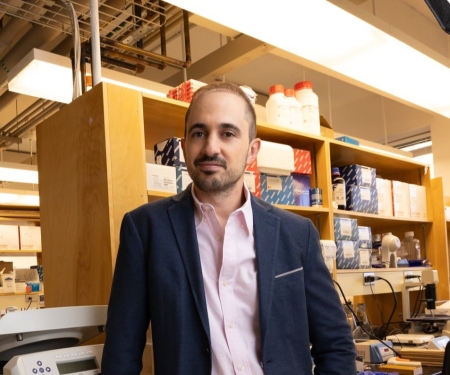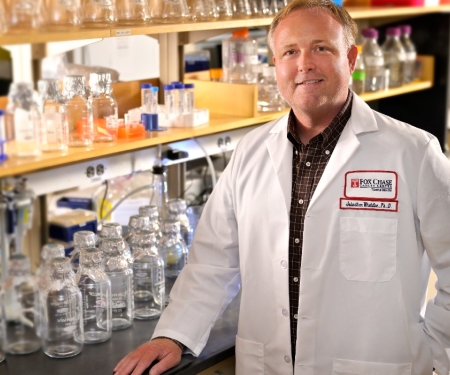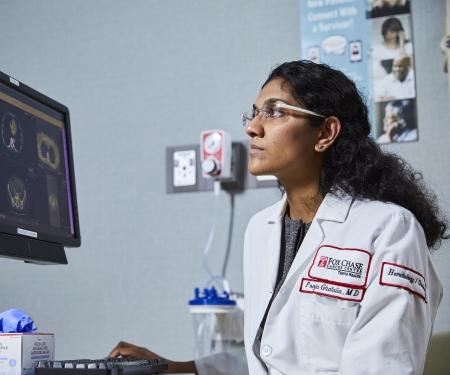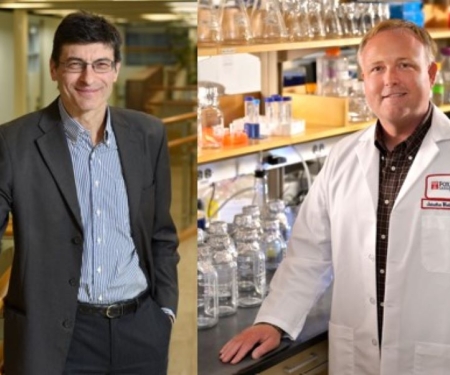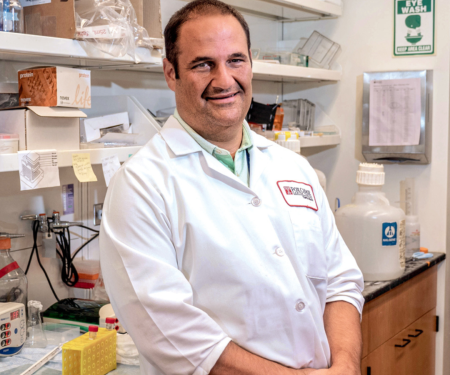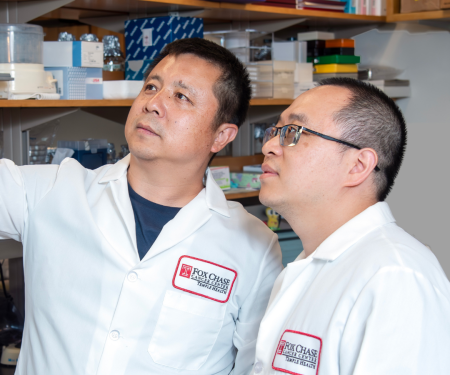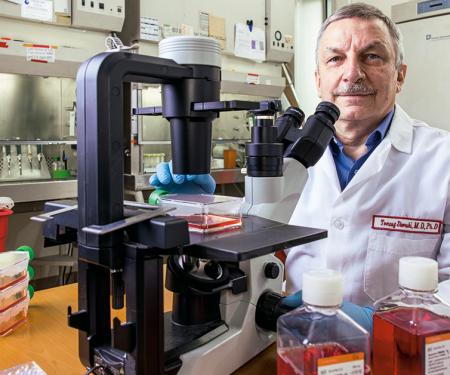Related Articles
00 / 00
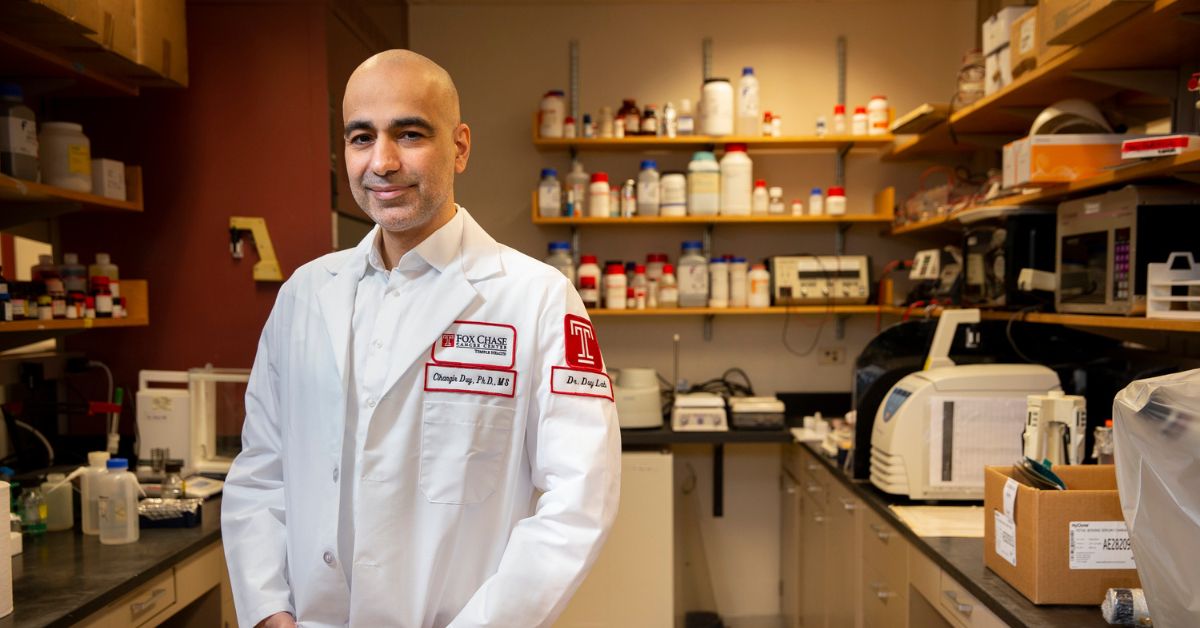
The mission of the Nuclear Dynamics and Cancer (NDC) program is to tackle mechanistic problems controlling nuclear function, while devising strategies to translate basic science findings into biomarker studies and/or clinical trials. The NDC program faculty members address key concepts about how proper packaging and regulation of DNA impacts genome integrity, gene regulation and epigenetic mechanisms in normal and cancer cells, while establishing how these insights are impacting therapeutic opportunities.
NDC members are addressing three main themes: Genome Integrity, Gene Regulation and Epigenetic Mechanisms and Therapeutic Response:
While laboratory research in the program is mechanistically focused, the program is active in outreach to extend the highlights of research finding to other patients, caregivers, and legislatures. We have embedded community members into the program. The community education and advocacy also help build relationships with individuals with diverse backgrounds and experiences with our Community Outreach and Engagement office. Our efforts aim to enhance the bi-directional interactions and education and science that will impact Pennsylvania legislation in regard to firefighter risk, screening and treatment. These efforts are actively underway and have included the PA Cancer Coalition Leadership. The scientific studies related to these efforts are fostered by the incorporation of faculty studying genome integrity, gene regulation and epigenetics. Therefore, the science and community impact are integrated into the themes and research efforts in the program.

